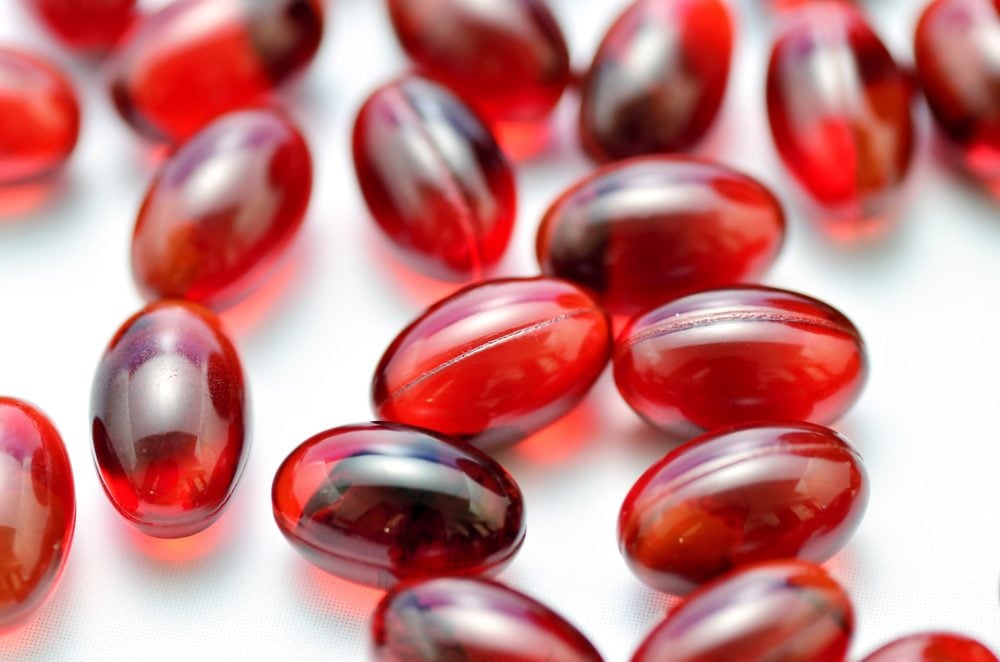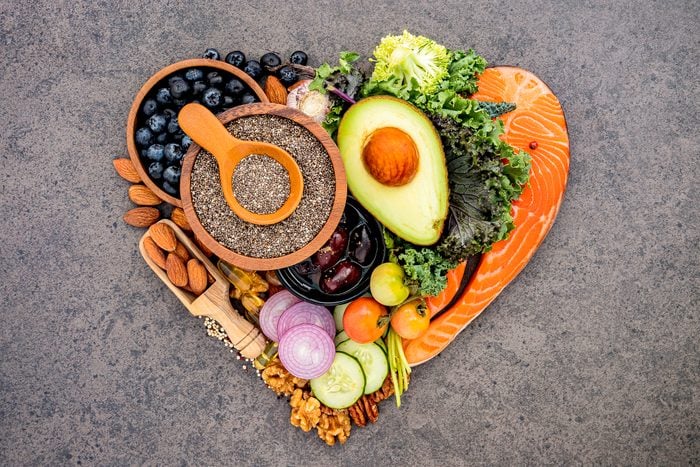
Consumers aren’t just looking for a magic pill for weight loss—they’re looking for a magic pill for everything. Supplement use continues to increase in popularity, due in part to consumers’ growing desire to better their long-term health in the simplest ways possible. Considering the threats of Covid-19, the booming popularity to stay well makes sense: according to a recent Market Analysis Report, the global dietary supplement market valued at $151.9 billion in 2021, and the industry predicts an 8.9% growth between 2022 and 2030.
However, a June 2022 report published by the American Medical Association suggests there may little point in taking supplements on a regular basis as a way to prevent chronic diseases if you don’t also keep your diet in mind. The U.S. Preventive Services Task Force (USPSTF) recently commissioned a review of the efficacy of supplementation for both single nutrients and the use of multivitamins in reducing the risk of cardiovascular disease, cancer and mortality for adults.
The review concluded that the use of some supplements to prevent cardiovascular disease and cancer may be a waste of money in some cases. Here are the specific supplements their review focused on, along with healthier solutions for getting your vitamins and reducing your risk of some serious diseases.
The 12 Vitamin K-Richest Foods for Healthy Aging, from a Nutritional Biochemist
Beta carotene

Beta carotene is a carotenoid—an antioxidant that converts into vitamin A, and that is naturally occurring in many reddish-orange fruits and vegetables. Because of its antioxidant properties, beta carotene has been linked to preventing chronic diseases.
However, Cleveland Clinic researchers found taking beta carotene supplements was linked with an increase in all-cause mortality and cardiovascular death. Their conclusion: it would be wiser to get these powerful antioxidants from vitamin A food sources that also provide other important micronutrients.
Vitamin E

The USPSTF also recommends against taking vitamin E. This vitamin works as an antioxidant and is important for immune function. Antioxidants fight the free radicals in the body, which cause damage to cells and increase the risk of disease.
While vitamin E can protect cells and help with decreasing heart disease risk, over the years some studies have found evidence that vitamin E supplementation does less for long-term health and cardiovascular risk than other sources suggest.
Multivitamins

Taking a multivitamin may seem like an easy solution to getting all of the micronutrients you need in one go, and indeed it can be a beneficial practice.
It’s just worth noting how this new report concluded that this type of supplement use made little difference in preventing cardiovascular disease or cancer. Other studies have made similar conclusions.
We might argue that there are other benefits from your multivitamin, including if taking it is part of that calm period in your morning when you’re having a glass of water and preparing your coffee or tea. As long as the ingredients are sound and your doctor approves, it’s probably still doing some good.
The point? Get more vitamins and minerals from food

While the use of beta-carotene, vitamin E, and multivitamins stuck out to the USPSTF, the report states there is insufficient evidence of using single or paired-nutrient supplements for preventing cardiovascular disease and cancer in general. Although supplement use should be considered in certain cases—like calcium and vitamin D for strong bones, or folic acid during pregnancy—these experts do not recommend completely relying on these products for disease prevention. Even the U.S. Office of Dietary Supplements notes that “supplements can’t take the place of a variety of foods that are important to a healthy diet” and “many other supplements need more study to determine if they have value.”
So, instead of relying on a supplement, focusing on getting a variety of micronutrients through diet is the best way to prevent disease. For beta-carotene, add reddish-orange produce to your meals (such as sweet potatoes, carrots, yellow and orange bell peppers, squash, and tomatoes) as well as leafy greens. Almonds are a powerful source of vitamin E, as are sunflower seeds, beets, pumpkins, spinach, and collard greens. You can also easily get a variety of micronutrients into your diet by adding these 7 Vitamin-Packed Foods Health Experts to your meals.
For more wellness insights, follow The Healthy on Facebook, Instagram, and Twitter. Keep reading:
- Here’s Why Too Much Vitamin D Can Cause Major Health Problems
- A Nutritionist Just Revealed the #1 Worst Food to Eat for Yeast Infections
- Miranda Kerr Just Shared Her 4 Secrets for Gorgeous Skin, Low Inflammation, and Better Digestion
- Eating This Fruit Once a Day Can Decrease Bad Cholesterol, Says New Study
